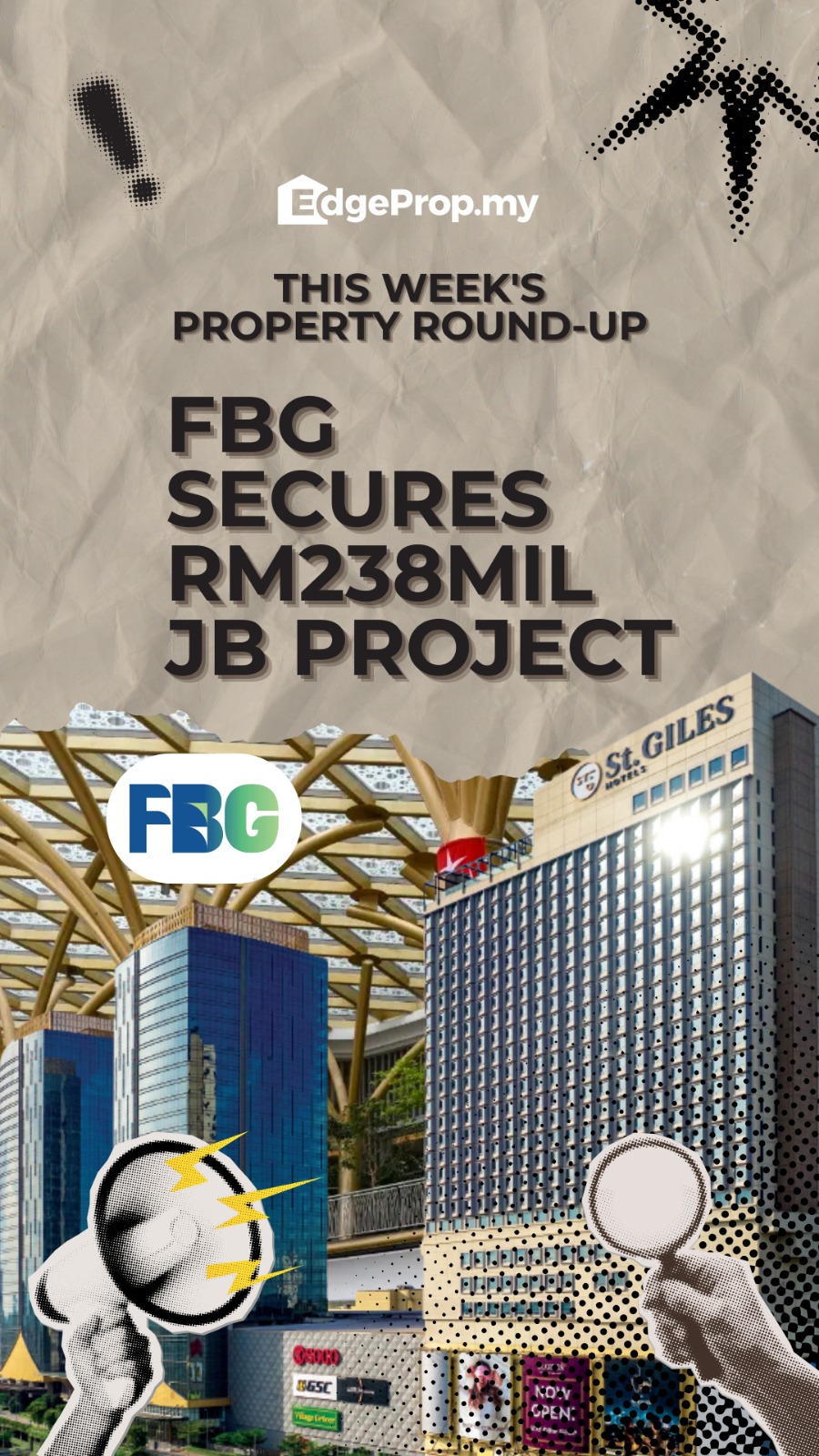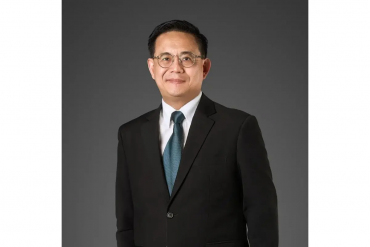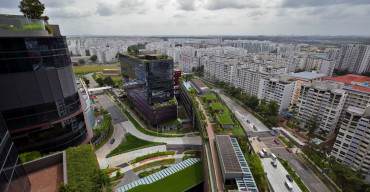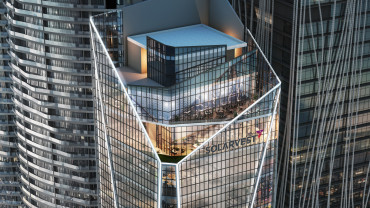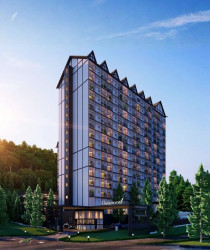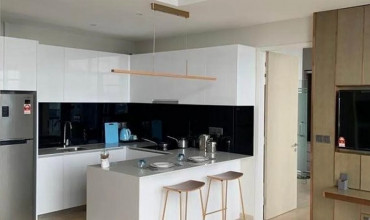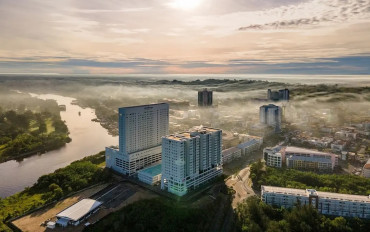ADVERTISEMENT
All Property News
Stay updated with the latest real estate and finance news, including property market trends, housing insights, and valuable information.

GenM president Lee Choong Yan now senior adviser, to be redesignated as non-executive director in May
20 hours ago

EXSIM Hospitality secures RM55m water park contract
20 hours ago

Singapore to develop Woodlands gateway to strengthen JS-SEZ connectivity
Yesterday

Menara Merdeka 118 becomes tallest building with WELL Core Platinum certification
Yesterday

S P Setia partners Affin Bank for up to 120% home financing campaign
Yesterday

Mah Sing posts decade-high RM2.51b sales in FY2025, sets RM2.76b target for 2026
Yesterday

The Residences IV, The Glades—Final 2-storey waterfront bungalows with resort-style facilities, comprehensive conveniences
Feb 28, 2026
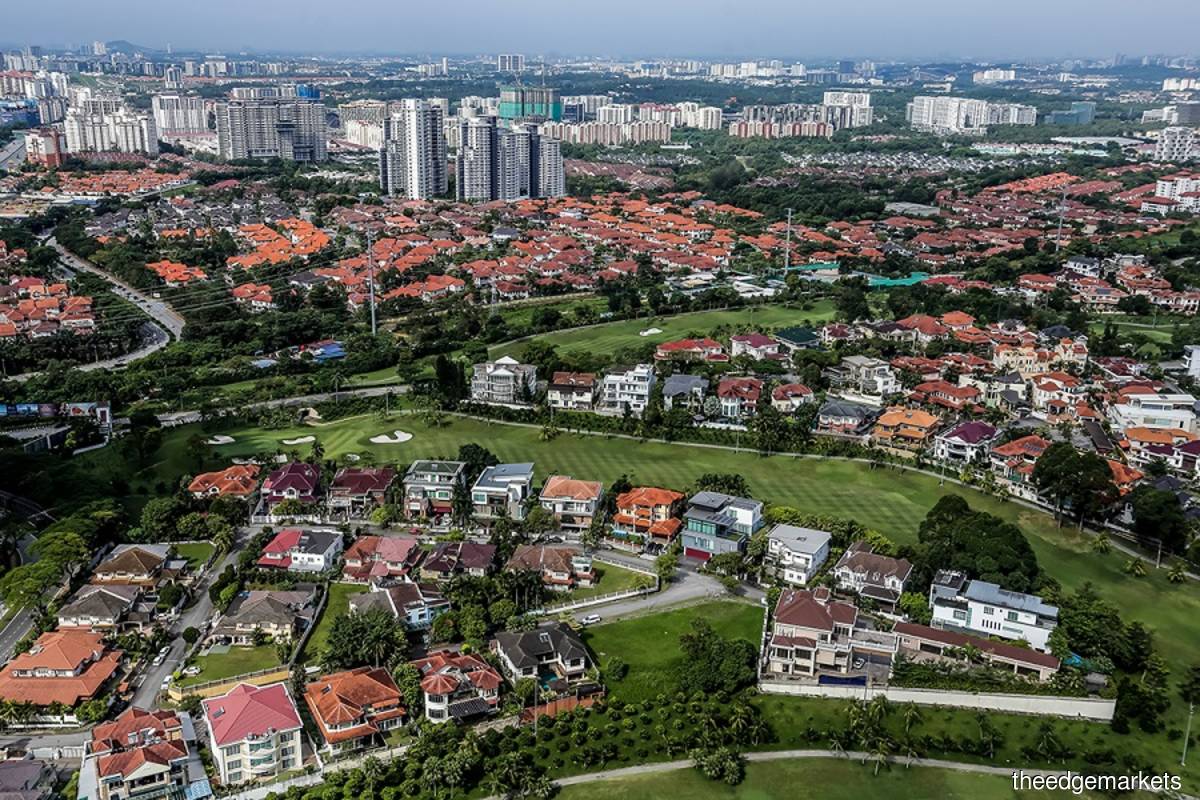
6 signs you may be overpaying for a property (and how to avoid costly mistakes)
Feb 25, 2026

S P Setia CNY Campaign 2026—Bag limited-time homeownership prosperity perks up to RM3,888 rebates!
Feb 11, 2026
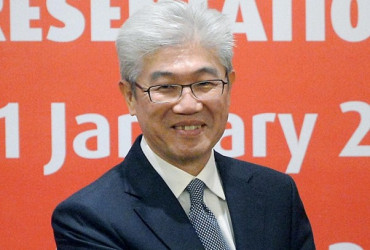
Developer Updates
GenM president Lee Choong Yan now senior adviser, to be redesignated as non-executive director in May

Earnings Report
Mah Sing posts decade-high RM2.51b sales in FY2025, sets RM2.76b target for 2026
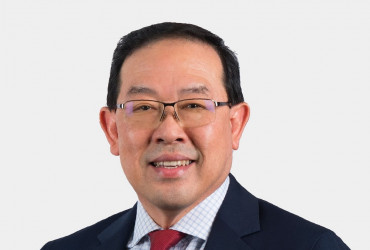
Earnings Report
S P Setia beats FY2025 sales target with RM5.11b; pivots to industrial growth and de-gearing
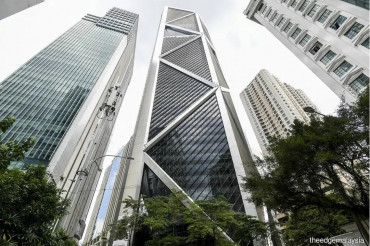
Legally Speaking
Govt seeks to forfeit funds in Ilham Tower, individual accounts linked to Daim case

Guide to Homebuying
Find the best location for your home
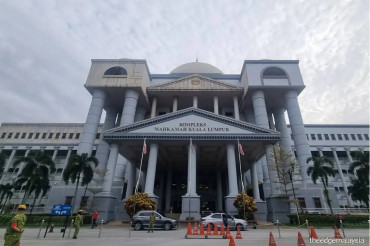
Legally Speaking
KL High Court rules developer’s ‘contra arrangements’ with landowner invalid in K Residence condo case; Duta Yap’s son held personally liable
Trending narratives
Malaysia's Most
Loved Property App
The only property app you need. More than 200,000 sale/rent listings and daily property news.





![[Branded] The Residences IV, The Glades—final 2-storey waterfront resort-style bungalows with comprehensive conveniences](https://media.edgeprop.my/s3fs-public/styles/markoneeditorspick/public/tr_b3_entrancefoyer(1).jpg?TpL_ttjdYIp9ZNGwHTv4CIE73gaKe4Vk&itok=Yo-NojCt)
![[Branded] 6 signs you may be overpaying for a property (and how to avoid costly mistakes)](https://media.edgeprop.my/s3fs-public/styles/markoneeditorspick/public/malaysiaklaerialviewtheedgemarkets.jpg?wcF2nB8b.K1_MpIZRHZqFK8ARi9_l9f9&itok=loopOsxK)


.jpg?KpT57Dw7Y_UzSKH8HsHP9pRQ_peOr_KV)







